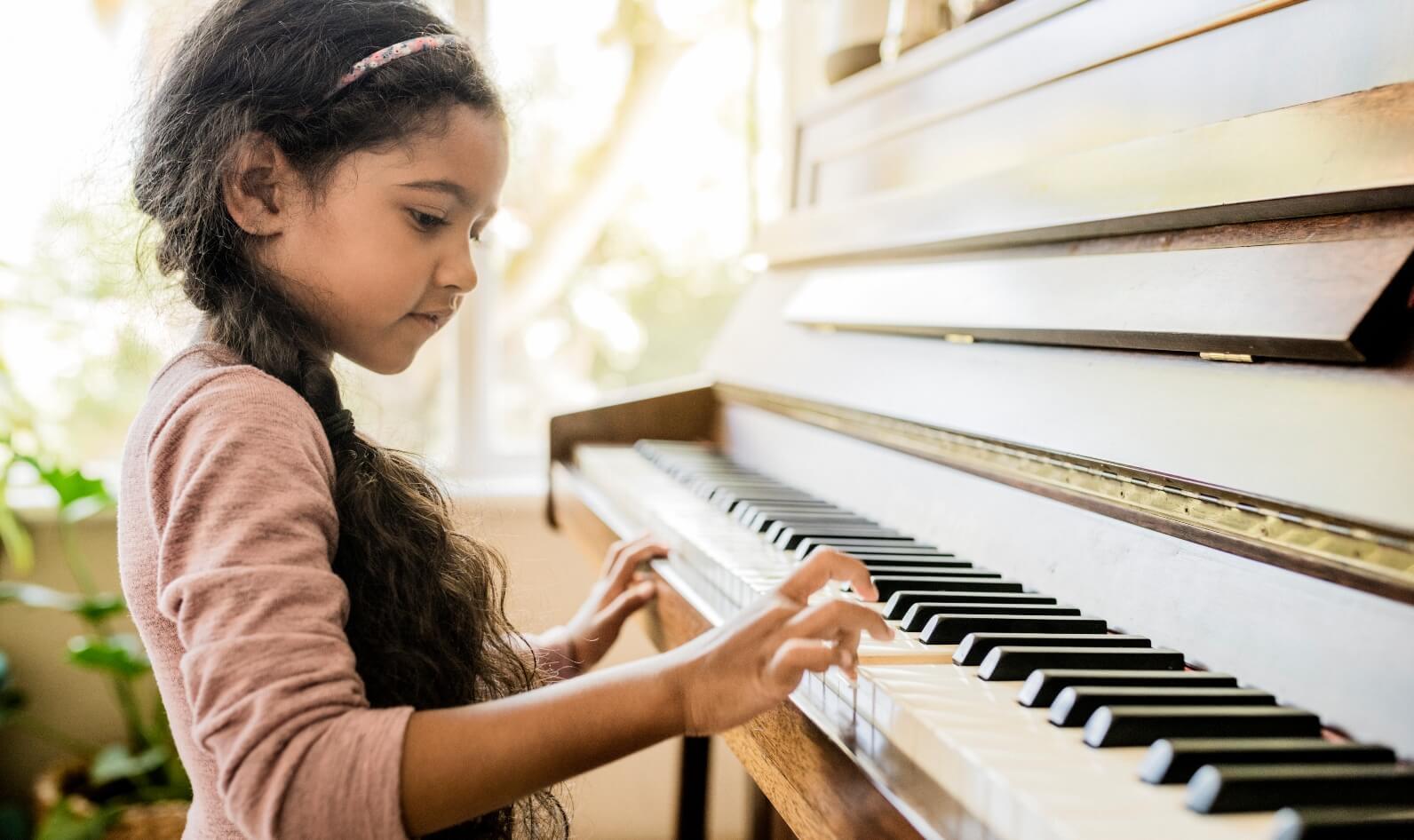Learning to play a musical instrument can be one of the most rewarding pursuits in life. Not only is it an enjoyable hobby, but it also has numerous benefits for your mental and emotional well-being. However, have you ever considered the benefits of learning multiple instruments? Cross-training, or learning to play more than one instrument, can improve your musical abilities in ways that you may not have thought possible. In this article, we’ll explore the benefits of learning multiple instruments and why you should consider cross-training to enhance your musical skills.
- Increased Brain Connectivity
Learning to play an instrument requires a significant amount of brain power, as you need to be able to read music, coordinate your fingers, and interpret the sound you’re producing. By learning multiple instruments, you’re training your brain to make connections between different areas that may not otherwise be used. This can lead to increased brain connectivity, which has been shown to improve cognitive abilities such as memory, attention, and problem-solving skills.
2. Improved Musicianship
When you learn multiple instruments, you’ll gain a deeper understanding of music theory and how different instruments work together. For example, if you learn to play the guitar and piano, you’ll be able to see how chord progressions work in different keys and how they can be applied to different instruments. This can help you to become a more well-rounded musician and improve your overall musicianship.
3. Better Understanding of Music Production
Learning multiple instruments can also help you to better understand music production. If you’re interested in recording and producing music, knowing how different instruments sound and how they interact with each other can be incredibly valuable. You’ll be able to create more complex arrangements and better understand how to layer different sounds to create a cohesive musical piece.
4. Increased Opportunities
If you’re interested in pursuing a career in music, learning multiple instruments can increase your opportunities. The more instruments you can play, the more versatile you’ll be as a musician. You’ll be able to play in different genres and settings, which can help you to find more gigs and collaborations.
5. Enhanced Performance Skills
Learning multiple instruments can also improve your performance skills. When you learn a new instrument, you’re forced to start from scratch and build up your skills. This can be frustrating at times, but it can also be incredibly rewarding when you start to see progress. This process can help you to become more patient, persistent, and confident in your abilities, which can translate to better performance skills overall.
6. Improved Time Management
Learning multiple instruments requires a significant amount of time and dedication. However, it can also help you to improve your time management skills. When you have to balance practicing multiple instruments, you’ll need to be more organized and efficient with your time. This can help you to better prioritize your tasks and ensure that you’re making progress on all of your musical pursuits.
7. Increased Creativity
Learning multiple instruments can also increase your creativity. When you’re exposed to different sounds and musical styles, you’ll be able to draw inspiration from a wider range of sources. This can help you to think outside the box and come up with more creative musical ideas. Additionally, playing different instruments can help you to explore different genres and styles of music, which can further enhance your creativity.
8. Improved Listening Skills
Playing multiple instruments can also improve your listening skills. When you’re learning a new instrument, you need to be able to listen to the sound you’re producing and make adjustments accordingly. This can help you to become more attuned to the nuances of music and better able to pick up on subtle changes in tone and dynamics. This skill can be valuable not just for playing music, but for other areas of life as well.





Leave a Reply